Dapamac 10mg Tablet
Dapamac 10mg Tablet is an anti-diabetic medicine mainly prescribed for the management of type two diabetes mellitus. It contains dapagliflozin, which belongs to the class of sodium-glucose co-transporter two inhibitors. This medicine works by helping the kidneys remove excess sugar from the body through urine, thereby lowering blood glucose levels. It is usually prescribed to adults whose blood sugar is not controlled by diet and exercise alone, or in combination with other anti-diabetic medicines like metformin or insulin. By maintaining stable blood sugar levels, Dapamac 10mg Tablet reduces the risk of long-term complications such as kidney damage, heart disease, nerve issues, and vision problems. It may also support weight loss and improve cardiovascular outcomes in some patients. The tablet should be taken as prescribed, usually once daily with or without food. Regular exercise, a healthy diet, and routine monitoring are essential for effective diabetes management alongside this medication.
Benefits
-
Helps lower blood sugar effectively in type two diabetes
-
Promotes removal of excess glucose through urine
-
Reduces risk of diabetes-related kidney complications
-
Lowers chances of nerve damage and eye problems
-
Supports heart health in diabetic patients
-
May aid in weight loss and improve BMI
-
Provides better control when combined with metformin or insulin
-
Reduces HbA1c levels and improves overall sugar profile
-
Improves energy levels and reduces fatigue from high sugar
-
Helps maintain long-term diabetes control
-
Decreases the risk of hospitalization for heart failure
-
Can be used in patients not tolerating other drugs
-
Improves quality of life with consistent use
-
Helps prevent frequent urination, thirst, and tiredness related to high sugar
-
Provides once-daily convenient dosing
Possible Side Effects
-
Increased frequency of urination
-
Genital fungal infections
-
Urinary tract infections
-
Thirst or dehydration
-
Low blood sugar when combined with insulin or sulfonylureas
-
Dizziness or headache
-
Constipation or stomach upset
-
Mild rash or itching
-
Back pain or joint pain
-
Rare cases of ketoacidosis
-
Increased cholesterol levels
-
Fatigue or weakness
How to Use
-
Take exactly as prescribed by the doctor
-
Usually taken once daily with or without food
-
Swallow whole with water without crushing
-
Maintain a fixed time each day for consistent effect
-
Do not skip or double dose
-
Follow recommended diet and exercise plan
-
Continue treatment even if sugar levels improve
-
Regularly monitor blood sugar and HbA1c
How it Works
-
Blocks sodium-glucose co-transporter two in kidneys
-
Reduces glucose reabsorption into the bloodstream
-
Promotes excess glucose excretion through urine
-
Helps maintain balanced blood sugar levels
-
Provides long-lasting effect with daily dosing
-
Lowers HbA1c values over time
What to Avoid
-
Avoid alcohol consumption to reduce risk of dehydration or ketoacidosis
-
Avoid skipping meals while on therapy
-
Avoid self-medicating without doctor’s consultation
-
Avoid excessive intake of sugary foods and drinks
-
Avoid use in patients with severe kidney or liver disease without advice
-
Avoid stopping medication suddenly without consulting doctor
-
Avoid dehydration by not drinking enough fluids
-
Avoid overdose or taking more than prescribed
-
Avoid use in type one diabetes
-
Avoid combining with other medicines unless advised
Safety Advice
-
Take only under medical supervision
-
Regularly monitor kidney function and blood sugar levels
-
Pregnant or breastfeeding women must consult doctor before use
-
Elderly patients should use cautiously due to dehydration risk
-
Maintain adequate fluid intake during treatment
-
Report symptoms of genital or urinary infections promptly
-
Inform doctor about other ongoing medications
-
Store in a cool, dry place away from direct sunlight
-
Keep away from reach of children
-
Seek immediate medical help for symptoms of ketoacidosis like nausea, vomiting, abdominal pain, or rapid breathing
Precautions
-
Inform doctor if you have kidney, liver, or heart problems
-
Do not use in patients with severe dehydration or low blood pressure
-
Report history of frequent urinary tract infections
-
Use cautiously in patients with risk of ketoacidosis
-
Monitor cholesterol levels during therapy
-
Avoid prolonged fasting while on this medicine
-
Report any unusual fatigue, confusion, or rapid weight loss
-
Do not share this medicine with others
-
Seek medical help in case of allergic reactions
-
Do not discontinue therapy without medical guidance
Vendor Information
- Address:
- No ratings found yet!

















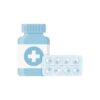

















































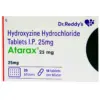





































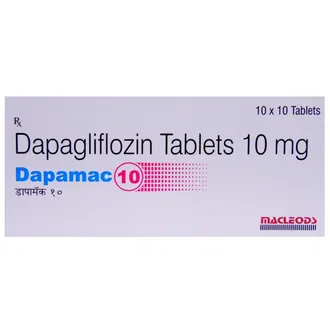
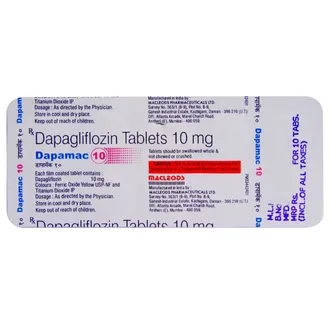

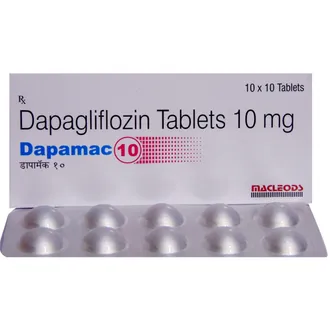
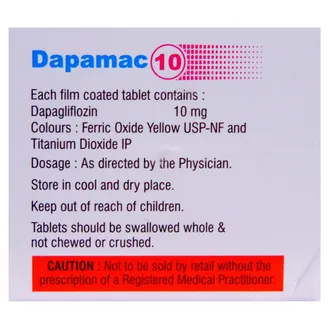

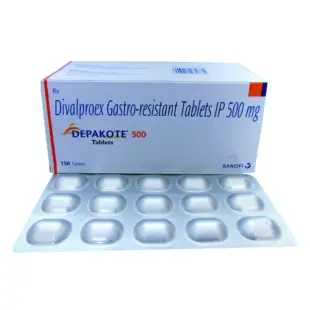

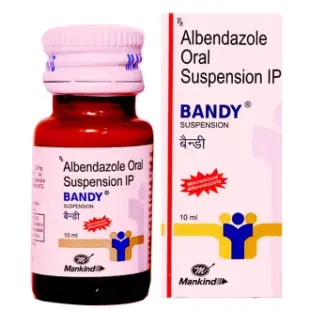


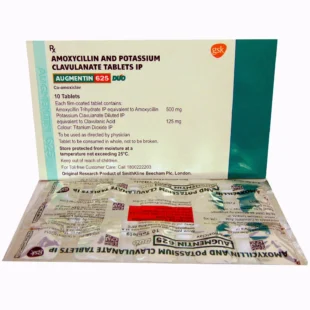
Reviews
There are no reviews yet.